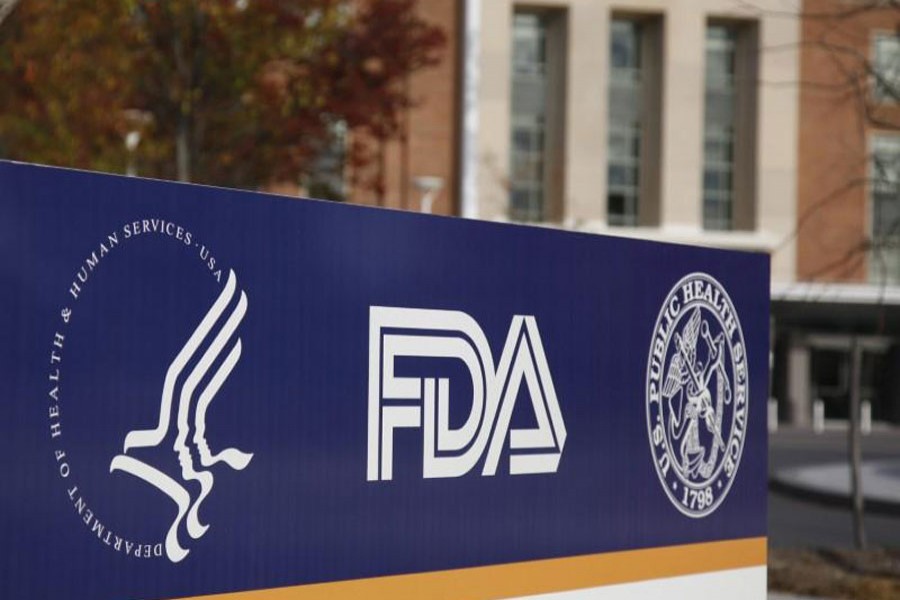The US Food and Drug Administration on Thursday approved a radioactive drug to treat the ultra-rare type of digestive tract cancer that killed Steve Jobs in 2011.
The approval for Advanced Accelerator Applications SA’s Lutathera comes just days after Swiss giant Novartis AG closed its $3.9 billion acquisition of the French company.
Lutathera is unusual in that it harnesses the same molecule that is used to diagnose cancer to also deliver the treatment, reports Reuters.
The radiopharmaceutical injection works by hitting cancer cells with high energy electrons, just like radiotherapy, but targets gastroenteropancreatic neuroendocrine tumors (GEP-NETs) that over-express a certain protein.
Advanced Accelerator said Lutathera’s list price is about $47,500 per dose, with the usual treatment period including four doses. This price is not necessarily what patients actually pay, as out-of-pocket costs vary based on a patient’s insurance plan and rebates offered by drugmakers.
The treatment reduced the risk of the disease progressing by 79 percent in a late-stage clinical trial, on the basis of which it was approved, Accelerator Applications said.
In general, patients with well-and-moderately differentiated tumors, compared with healthy cells, have a roughly 35 percent probability of surviving for five years, the company estimates.
This is the first US approval for this kind of treatment, known as peptide receptor radionuclide therapy. The European Medicines Agency approved Lutathera in September and Novartis offered to buy Advanced Accelerator a month later.
The US Food and Drug Administration (FDA) estimates that each year, one out of 27,000 people are diagnosed with GEP-NETs, a disease that killed Apple co-founder Jobs in 2011.
It has been a long journey for Lutathera. The FDA rejected the drug in 2016, asking for more study data. The company resubmitted its marketing application in July last year.


